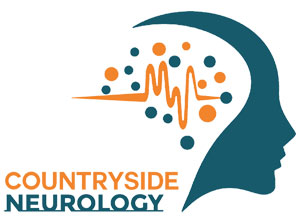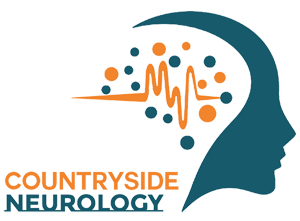Deciding whether to get an EEG (electroencephalogram) or an EMG (electromyography) exam depends on your symptoms, medical history, and the suspected neurological condition. Here’s a general guideline to help you understand which exam might be appropriate:
When to Consider an EEG (Electroencephalogram):
- Seizures and Epilepsy: If you have experienced unexplained seizures, particularly if they are recurring, an EEG can help diagnose epilepsy and determine the type of seizures.
- Loss of Consciousness or Altered Awareness: If you have episodes of altered consciousness, blackouts, or periods of confusion, an EEG can help identify abnormal brain activity during these episodes.
- Sleep Disorders: EEG is commonly used to diagnose sleep disorders such as sleep apnea, narcolepsy, and parasomnias.
- Monitoring Brain Function: EEG is used in intensive care units to monitor brain activity in patients with severe head injuries, coma, or brain-related conditions.
- Diagnosing Brain Disorders: EEG can aid in diagnosing brain disorders like encephalopathy, certain types of tumors, and brain infections.
- Assessing Brain Function during Cognitive Tasks: EEG can be used to study brain responses during cognitive tasks, which is helpful in research and certain neurological evaluations.
When to Consider an EMG (Electromyography):
- Muscle Weakness or Pain: If you’re experiencing unexplained muscle weakness, pain, or numbness, an EMG can help diagnose muscle and nerve disorders.
- Nerve Damage or Entrapment: EMG is used to diagnose nerve-related issues like carpal tunnel syndrome, sciatica, and other entrapment neuropathies.
- Neuromuscular Disorders: EMG is used to diagnose conditions like myasthenia gravis, muscular dystrophy, and motor neuron diseases.
- Assessing Muscle Function: EMG evaluates muscle function and helps determine if muscle weakness is due to nerve or muscle problems.
- Identifying the Source of Tremors: EMG can be used to assess involuntary muscle movements, such as tremors, and determine if they’re due to neurological or muscular causes.
- Guiding Treatment: EMG results can guide treatment decisions, such as surgical interventions for nerve compression.
Consulting a Healthcare Professional:
Ultimately, the decision to undergo an EEG or an EMG should be made in consultation with a neurologist. They will consider your symptoms, medical history, and perform a thorough examination before recommending the appropriate test.
If you’re experiencing symptoms that are concerning or affecting your daily life, it’s important to seek medical advice. A neurologist will help determine which exam, if any, is necessary to provide an accurate diagnosis and guide your treatment.
Contact Countryside Neurology today at 727-712-1567 to schedule an appointment.
Sources:
ChatGPT




